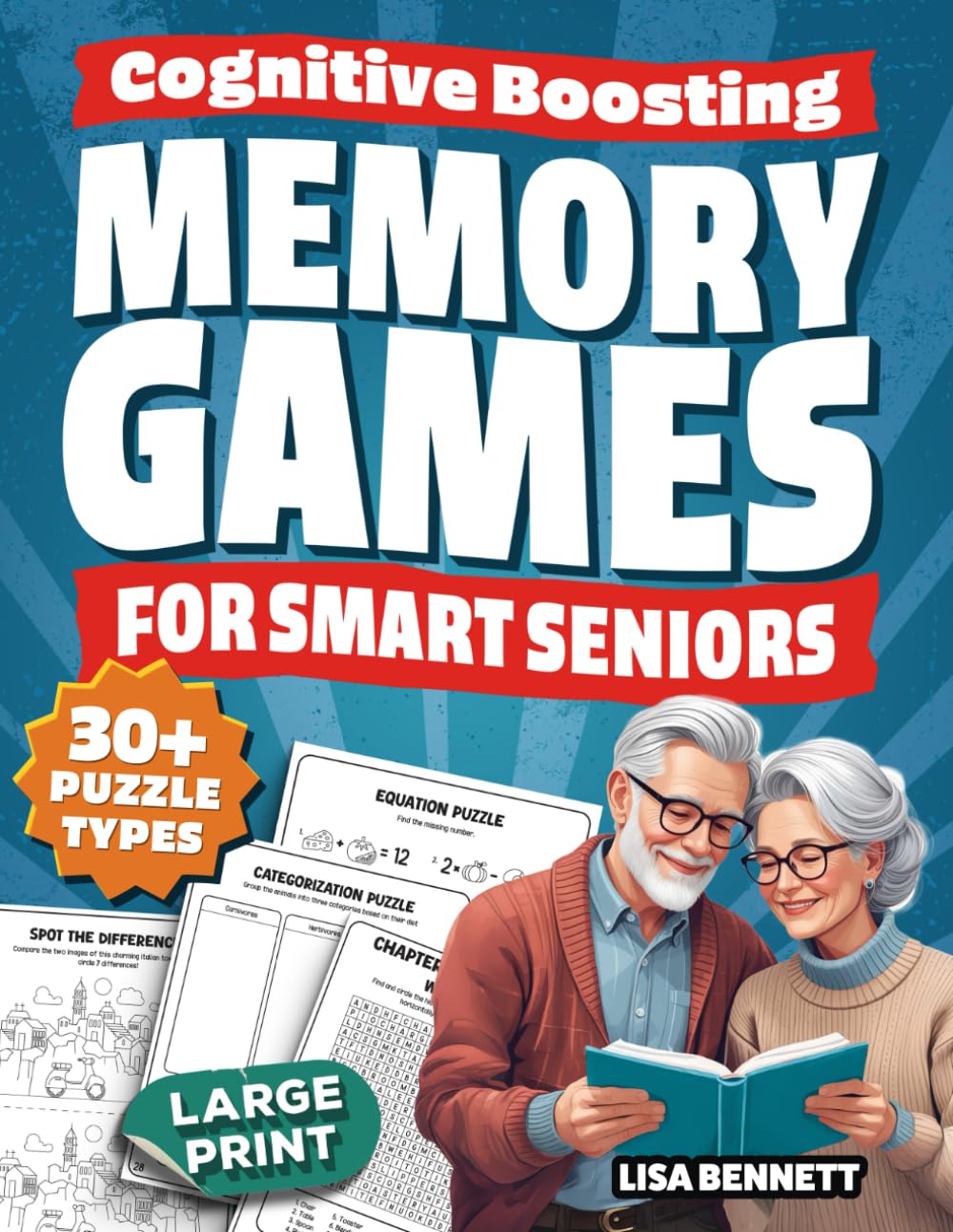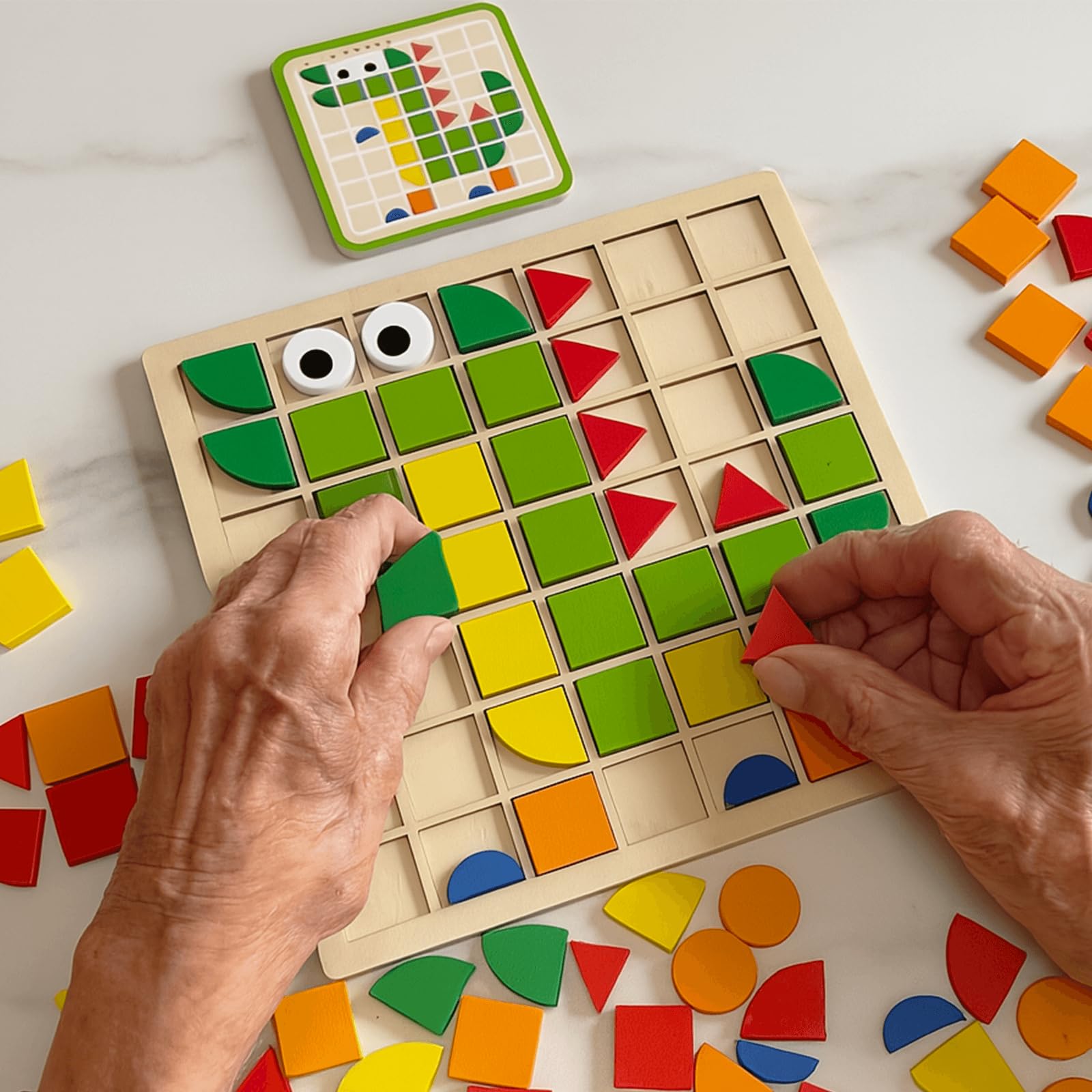⌨️ Typing Games — Free Speed & Accuracy Practice
Train your typing speed and accuracy with short, focused drills. Start with accuracy to build muscle memory, then push for higher WPM. These free online typing games are perfect for quick daily practice and improving fluency. Studies show that consistent typing practice strengthens motor learning and cognitive processing.
Typing Test (60s)

Classic 60-second test with WPM and accuracy.
Word Sprint (30s)

Type single words fast; one point per correct word.
Key Accuracy Drills

Hit the highlighted letter; accuracy first, then speed.
Number Typing

Type numbers exactly as shown. Tracks CPM & errors.
🧩 Recommended Brain Training Books & Memory Games
Disclosure: This section contains affiliate links. As an Amazon Associate, we earn a small commission from qualifying purchases at no extra cost to you — helping us keep this site free and fun for everyone.
Tips for Faster Typing
- Keep a light touch—avoid bottoming out keys to reduce strain.
- Focus your eyes on the line of text, not the keyboard—trust muscle memory.
- Train accuracy first. Maintain 95%+ before pushing speed.
- Practice daily in short sprints (1–5 minutes) rather than long sessions.
- Use all ten fingers in proper home-row position for long-term gains.
Frequently Asked Questions
Are these typing games free to play?
Yes, all typing practice games on Adult Learning Games are free and require no signup or download.
What is a good WPM speed for adults?
The average adult types around 40 WPM. Skilled typists reach 70–100 WPM, while professionals can exceed 120 WPM.
Should I focus on speed or accuracy first?
Always train accuracy first. Aim for 95%+ accuracy, then gradually increase speed without sacrificing correctness.
How do number typing drills help?
They build precision for data entry, coding, and numeric work, improving both CPM (characters per minute) and error reduction.
Do typing games really improve WPM?
Yes. Consistent short practice improves muscle memory, finger placement, and eye-hand coordination. Research confirms that structured drills boost typing fluency.


